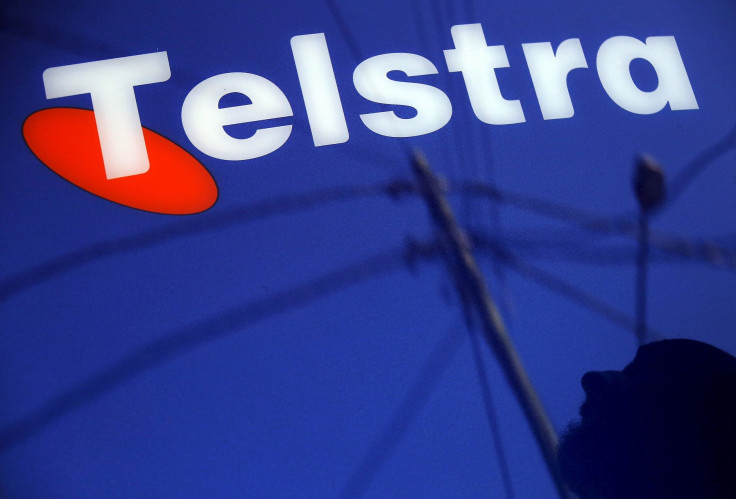Telstra abandons Philippines: Australian telco’s deal with San Miguel collapses

Telstra has abandoned its Philippine plan with San Miguel Corporation. The negotiation between the Australia’s biggest telco and the Philippines’ beer giant ended without a positive outcome over the weekend.
“Despite an enormous amount of effort and goodwill on all sides, we were simply unable to come to commercial arrangements that would have enabled us to proceed,” Telstra Chief Executive Officer Andrew Penn announced in a statement on Monday.
“While this opportunity is strategically attractive, and we have great respect for San Miguel Corporation and its President Mr Ang, it was obviously crucial that the commercial arrangements achieved the right risk-reward balance for all involved.”
The US$1 billion (AU$1.32 billion) deal would have given the struggling Philippines’ telco industry strong competition by bringing in high speed 4G services. The deal was first announced in August last year.
Read: Telstra to enter Philippines telecom industry with San Miguel
The Philippines has one of the slowest average broadband speeds in the world, ranking 176th out of 202 countries, according to the May 2015 survey of Ookla Speedtest. Despite this, the Southeast Asian country has reportedly one of the most expensive Internet costs. The industry is dominated by two big brands, PLDT and Globe.
Although the Telstra-San Miguel deal has collapsed, Telstra said it continues to offer technical network design and construction consultancy support to San Miguel, should the conglomerate require it.
“We continue to pursue growth opportunities in Asia consistent with our strategy,” Penn added. “Following our April 2015 acquisition of Pacnet, Telstra is now one of the largest connectivity providers in Asia.”
Earlier this year, Telstra announced it had completed a strategic investment with Chinese cloud services provider Qiniu. The deal promised to increase the Australian company’s presence in Asia. It also invested in Near and Enepath in Singapore, Gorilla Technology Group in Taiwan, and Monk’s Hill Ventures Innovation Fund for start-ups in Southeast Asia.






